BMW Group has posted a new sustainability strategy aimed at “drastically reducing” vehicle lifecycle CO2 emissions by more than 40% by 2030.
The company’s introduction of the “Neue Klasse” will also be promoting the use of secondary material and the four Rs of the circular economy (rethink, reduce, reuse and recycle).
BMW is focusing its research and development on environmentally-compatible raw materials, but will also be accelerating the creation of a secondary-materials market and working with “select startups and experienced material suppliers to develop pioneering materials”.
The group has used renewable raw materials in its vehicles for a number of years now including hemp, kenaf and flax.
It also already uses recycled plastic in its thermoplastic components and is working with plastic manufacturers to further develop recycled plastics and bioplastics with a significantly lower carbon footprint.
Additional sustainability targets include a 50% reduction in global CO2 use-phase emissions by 2030, 10 million all-electric vehicle sales within 10 years, up to 50% use of secondary materials and new co-operations on plastic recycling.
BMW will also be displaying its vision for a recyclable car, the i Vision Circular, which will be on display at the IAA Mobility 2021 in Munich.
The concept car is manufactured from 100% secondary materials or renewable raw materials, and is 100% recyclable.
The company said in a statement: “This car demonstrates that climate protection and individual mobility do not necessarily contradict each other.
“On the contrary, it shows that using new technologies and innovation, the BMW Group can fulfill the planet’s requirements for greater sustainability without customers having to forgo individual mobility.”
Rival manufacturer Polestar recently called out other manufacturers "to take full responsibility" and be more transparent on car production's environmental impact.

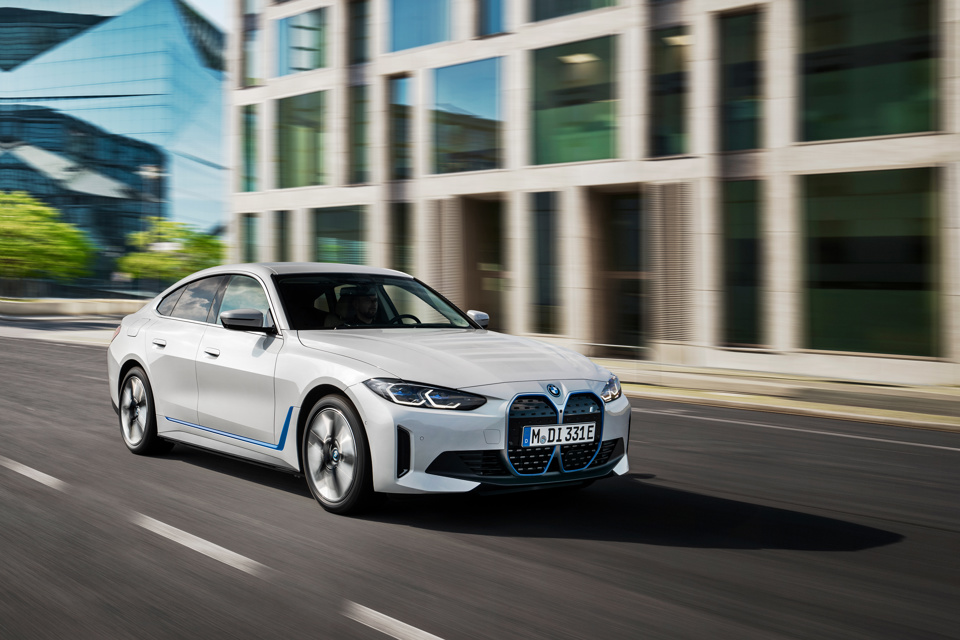



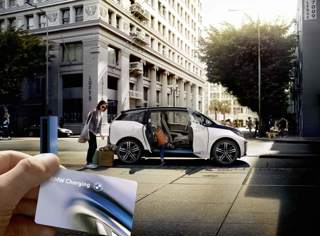
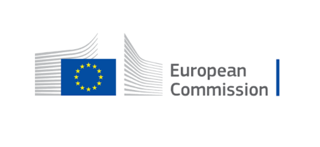
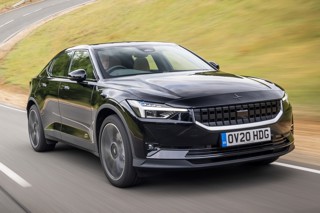

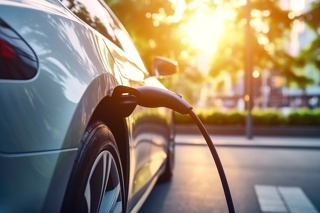












Login to comment
Comments
No comments have been made yet.